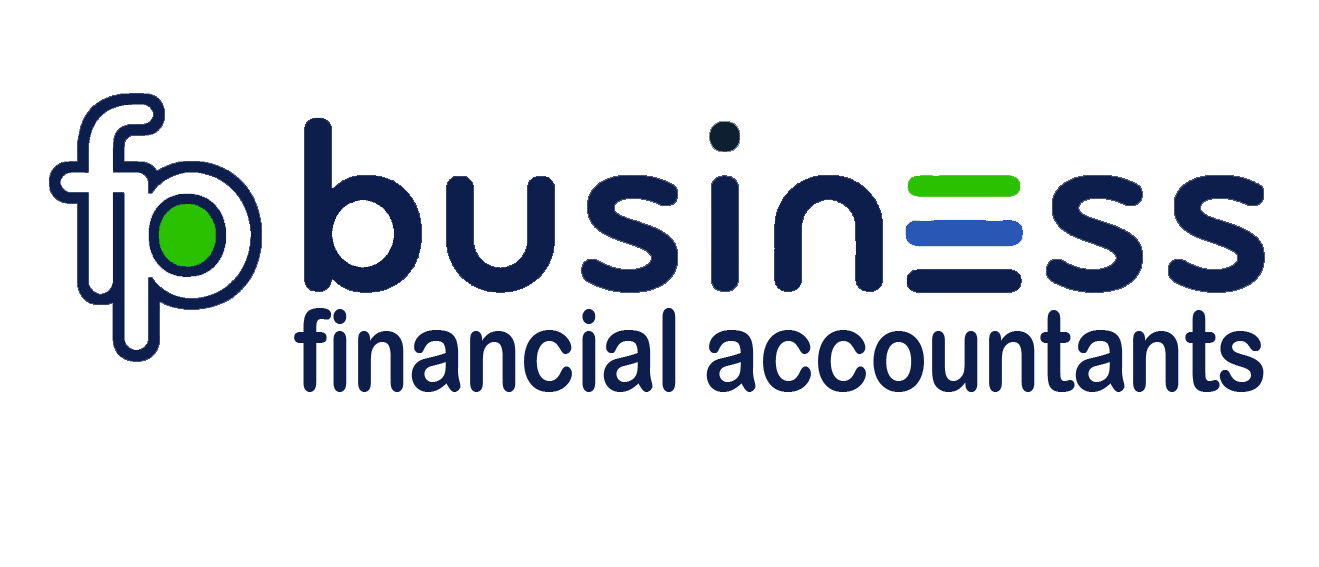
Tax newsletter October 2015
Welcome to our monthly tax newsletter designed to keep you informed of the latest tax issues.
We hope you enjoy reading the newsletter; remember, we are here to help you so please contact us if you need further information on any of the topics covered.
BUYING A BUSINESS? NO RELIEF FOR GOODWILL NOW
Ever since April 2002 when a limited company acquires the trade and assets of another business it has been possible to obtain a tax deduction for the goodwill and other intangible assets of the acquired business, generally in line with the accounting treatment. So, if the goodwill of the acquired business was worth say £500,000 and the directors assess the useful economic life as 5 years there would be an allowable tax deduction of £100,000 a year over the 5 year period.
The Summer Budget has blocked this deduction where the goodwill is acquired on or after 8 July 2015, although where the acquisition was prior to that date relief continues to be available. Note that the new restriction applies to goodwill and “customer-related assets” which would include client lists and customer databases. The restriction does not apply to other intangibles such as patents and manufacturing “know –how” so the allocation of the purchase price of assets in the sale and purchase agreement may have an impact on the availability of tax relief.
BUYING A BUSINESS? WHAT ABOUT CAPITAL ALLOWANCES?
Another important consideration when buying a business is tax relief for the plant and machinery of the target company. Where the shares of the target company are acquired, the new owners will inherit the tax written down value in the target company’s capital allowances pool which will normally be a lot lower than the market value of the machinery.
This is another reason why a trade and asset purchase would be preferable for the buyer, as they would acquire the plant and machinery at the agreed market value. Where fixtures and fittings within buildings are acquired it is even possible, by agreement with the vendors, to acquire those items at the original purchase price. Remember that the current Annual Investment Allowance that gives 100% relief on plant and machinery reduces to just £200,000 from 1 January 2016.
Please contact us if you are planning to buy another business as we can help you maximise tax relief on the assets acquired.
SELLING YOUR COMPANY? SHARES OR ASSETS?
The corporation tax deduction for acquired goodwill and other intangible assets that has been available to companies since April 2002 mentioned above, has meant that companies buying other businesses have generally preferred to buy the trade and assets rather than the shares in the target business. However, the vendors would normally prefer to sell their shares in the company rather than a trade and asset deal, as they would usually pay more tax – corporation tax on the sale of assets, followed by a second tax charge getting the cash out of the company. A share sale would of course, mean just 10% CGT, where the shareholder qualifies for entrepreneurs’ relief.
The change in the tax treatment of acquired goodwill for the purchaser will mean that the will be less of a conflict between vendor and purchaser as to how the deal is structured. Where the business being sold has accumulated trading losses the purchasing company may be able to take advantage of those losses, if they buy shares, whereas those losses would lapse where just the assets are acquired.
Again, please contact us if you are planning to sell your business as we can help you minimise the tax payable on the sale.
UPDATED GUIDANCE ON EMPLOYEE TRAVEL (BOOKLET 490)
HMRC have updated their guidance on employees’ travel and subsistence in booklet 490, available on the Gov.uk website. The publication provides numerous examples illustrating which journeys do and do not qualify as business journeys and are eligible for tax relief.
No tax relief is available for ordinary commuting or private journeys. Ordinary commuting is where the employee travels to their normal workplace, however, where he or she travels to a temporary workplace then the journey qualifies as business travel.
A temporary workplace is a place where it expected that the employee will work for a period not exceeding 24 months and then usually return to the normal workplace after the temporary posting. A temporary workplace can also be a place where the employee works no more than 40% of their time even where this may be for a period exceeding 24 months. So an employee working at another location for no more than 2 days a week (out of 5 days) could treat that location as a temporary workplace.
Booklet 490 also confirms that where the journey counts as a business journey then any reasonable subsistence costs such as hotels and meals would also qualify for tax relief.
COMPANY CAR ADVISORY FUEL RATES
These rates are the suggested reimbursement rates for employees’ private mileage in their company cars and are reviewed each quarter on 1 March, 1 June, 1 September and 1 December. The rates that apply from 1 September 2015 are shown below, with the previous quarter’s rates shown in brackets, if changed:
| engine size | petrol | diesel | LPG |
| 1,400 cc or less | 11p (12p) | 7p (8p) | |
| 1,600 cc or less | 9p (10p) | ||
| 1,401cc to 2,000cc | 14p | 9p | |
| 1,601cc to 2,000cc | 11p (12p) | ||
| over 2,000cc | 21p | 13p (14p) | 14p |
Remember also that if you reimburse your employees the tax free amount of 45p a mile (25p after 10,000 miles) for using their own car for business purposes then 20/120ths of the above amounts can be reclaimed as input VAT by your business. For example a petrol engine car over 2,000 cc = 21p x 1/6 = 3.5p VAT a mile
